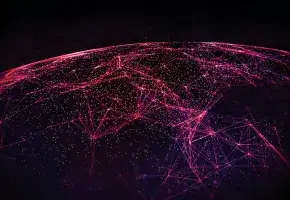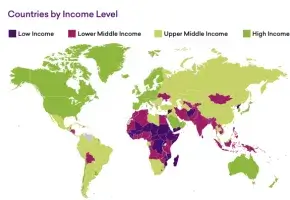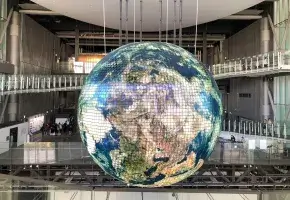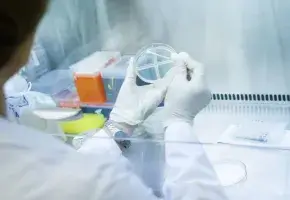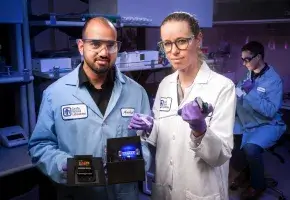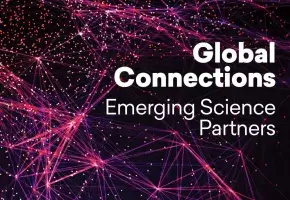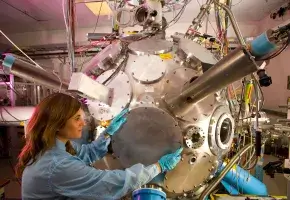Challenges for International Scientific Partnerships
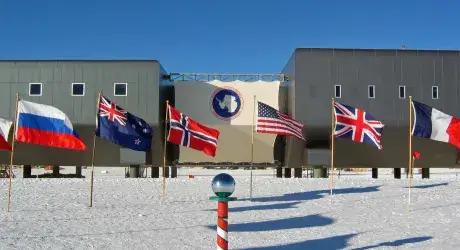
Challenges for International Scientific Partnerships aimed to articulate the benefits of international collaboration and recommend solutions to the most pressing challenges associated with the design and operation of partnerships. This initiative sought to identify policy recommendations and best practices to mitigate challenges for international science collaborations, including physical facilities, distributed networks, and peer-to-peer partnerships.
In this rapidly changing world, and in light of recent movements against globalization, international scientific collaborations can bring not only new scientific insights but also cultural, economic, and political benefits. Challenges for International Scientific Partnerships examined impediments to these collaborations and identifies potential policy changes and best practices that could make the U.S. a better partner in international science partnerships. The project, co-chaired by Arthur Bienenstock and Peter Michelson, examined these challenges through two major foci:
The Large-Scale Science working group approached international collaborations through the lens of issues particular to large scale science and not peer-to-peer or small-scale international work. This group was tasked with exploring how the U.S. can enhance their role in these partnerships, both in physical facilities (e.g. the European Organization for Nuclear Research) and distributed networks (e.g. the Human Cell Atlas). This group focused on recommendations addressing U.S. government agencies and Congressional branches to help the United States to partake in large-scale collaboration efforts as meaningful and engaged partners. The LSS working group was led by CISP co-chairs Bienenstock and Michelson.
The Emerging Science Partners working group is explored issues particular to U.S. scientific collaborations, at all scales, with countries seeking to boost their scientific capacity, particularly those with limited resources to do so. In particular, this working group framed discussions on how the U.S. can be a better partner in its partnerships with countries in the Global South, and avoid the historical problems associated with “parachute science.” This group prioritized identifying and examining difficult issues facing resource-limited researchers, such as the challenges facing women researchers in the developing world. This working group was co-chaired by Shirley Malcom and Olufunmilayo Olopade.
The project's three publications (listed below) are all available online.


